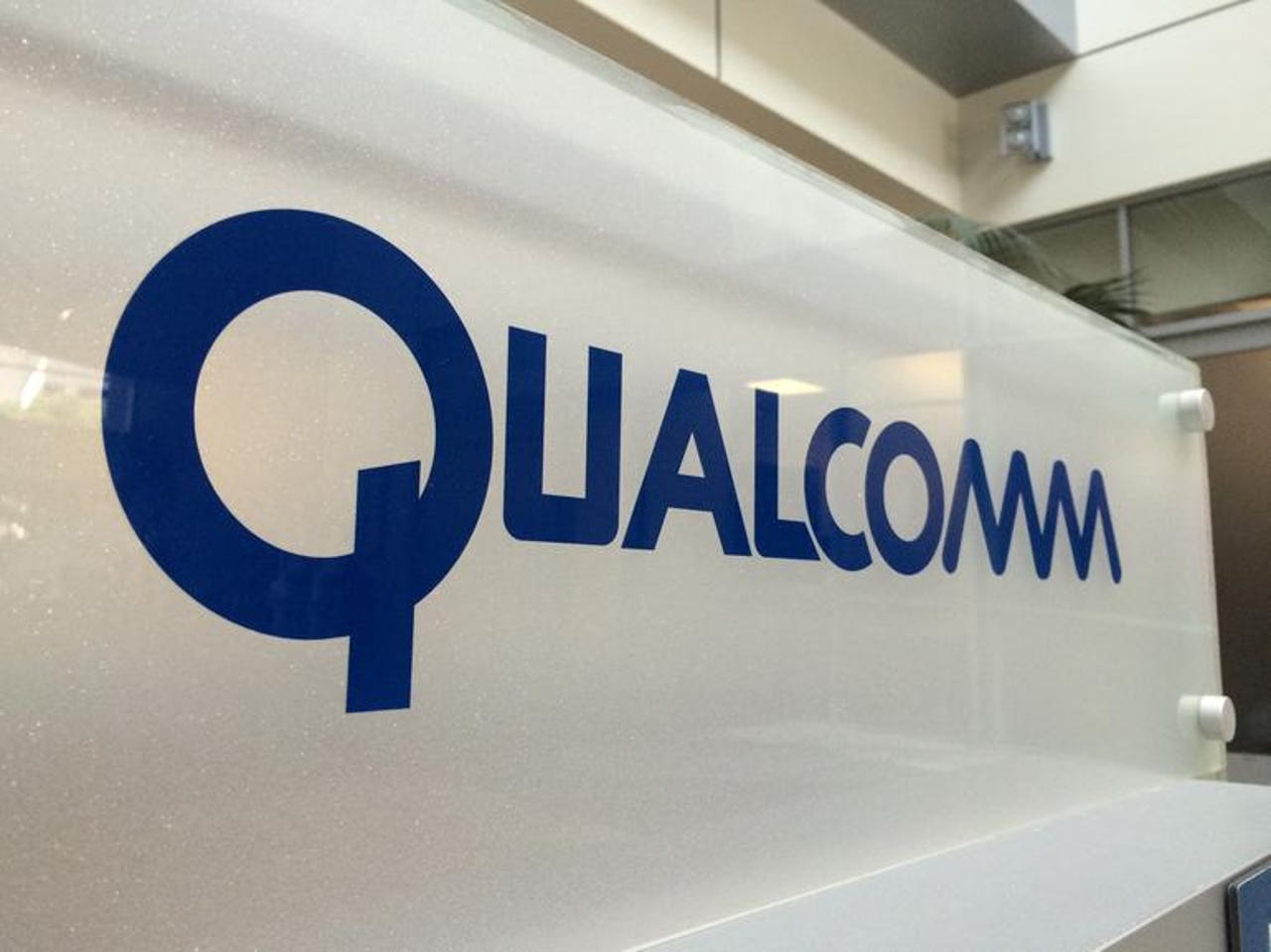Qualcomm unveils Mesh Networking Platform to boost home IoT devices


Qualcomm has announced the Mesh Networking Platform intended to control and improve the use of Internet of Things (IoT) devices in the home.
Unveiled at the Computex trade show in Taipei, Taiwan on Tuesday, the US chip maker said the platform uses a slew of Qualcomm technologies to give OEMs and broadband carriers the opportunity to deliver more sophisticated, efficient, next-generation "connected home experiences."
The company said the Mesh Networking Platform will improve connectivity to smart devices in the home and will also feature voice control capabilities, centralized management and security, and mesh system features essential for carrier-grade networks.
Mesh network topology often includes the use of multiple nodes -- and sometimes routers -- which are connected to each other. Rather than communicating with a single node, by spreading data and communication streams, signals are enhanced and speed can also benefit as a result.
Featured
The Qualcomm Mesh Networking Platform is based on the IPQ40x8/9 network system-on-chip (SoC), already used in a number of mesh network products available today.
In addition, the platform comes with the chip maker's Wi-Fi Self-Organizing (SON) feature suite, backhaul options, the Qualcomm IoT Connectivity feature suite -- designed for the simultaneous use of Wi-Fi, Bluetooth, CSRmesh, and 802.15.4-based technologies -- and a number of carrier-grade features such as cloud-based diagnostics and analytics.
The company is also offering the Qualcomm Mesh Networking Reference Design, which will give OEMs a blueprint for developing their own custom IoT and connected device mesh networking products.
See also: Qualcomm unveils Snapdragon 660, 630 mobile platforms
"Qualcomm Technologies helped create a new category of mesh networks that are transforming in-home connectivity," said Gopi Sirineni, vice president of product management at Qualcomm. "New capabilities like voice assistance and IoT radio integration will not only transform consumer experiences at home but along with carrier-grade feature enhancements, make it easier for our customers to adopt and deploy mesh systems aligned to how people want their networks to perform."
In related news, BlackBerry and Qualcomm have reached a settlement of $940 million over a contract and licensing dispute over fees paid by BlackBerry through 2010 to 2015.